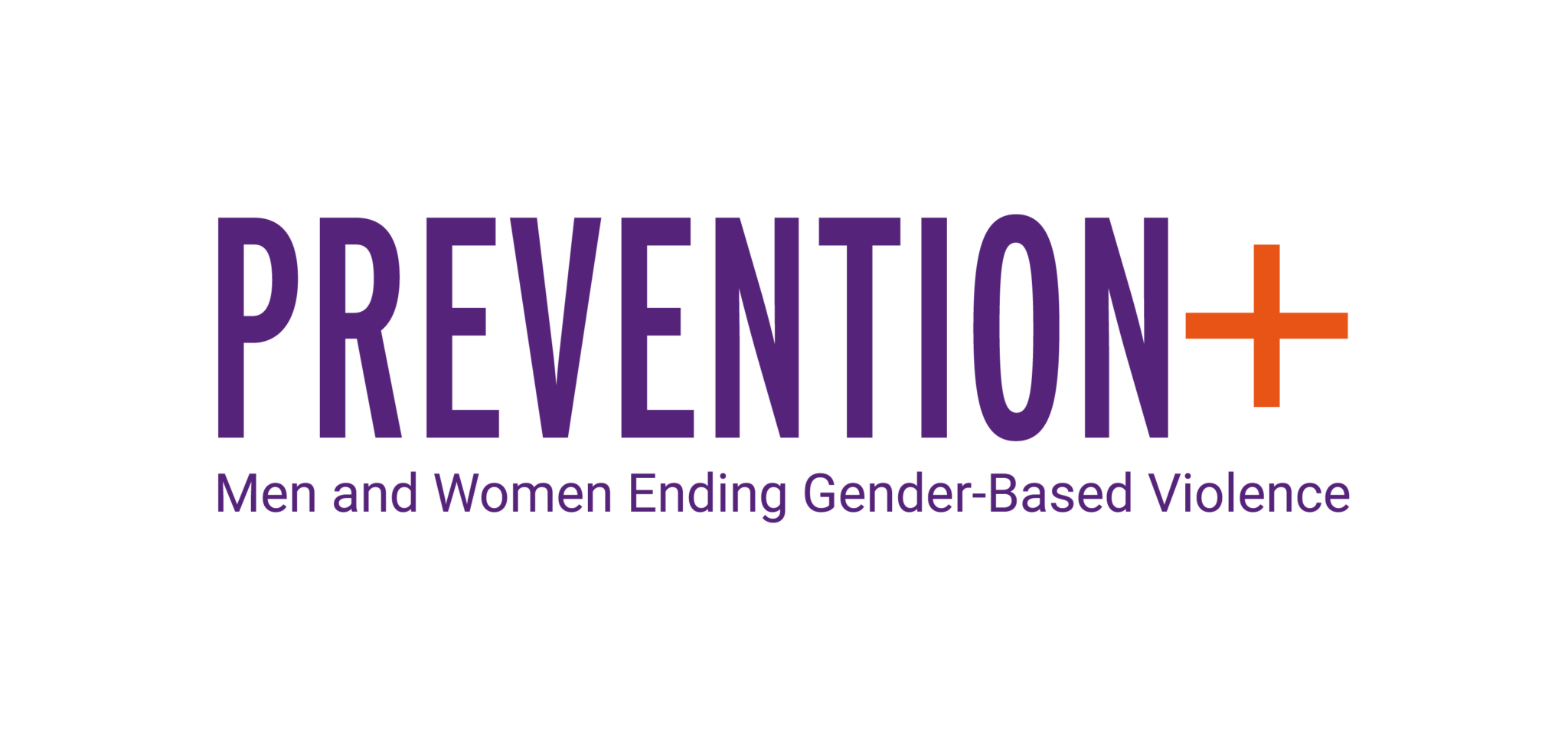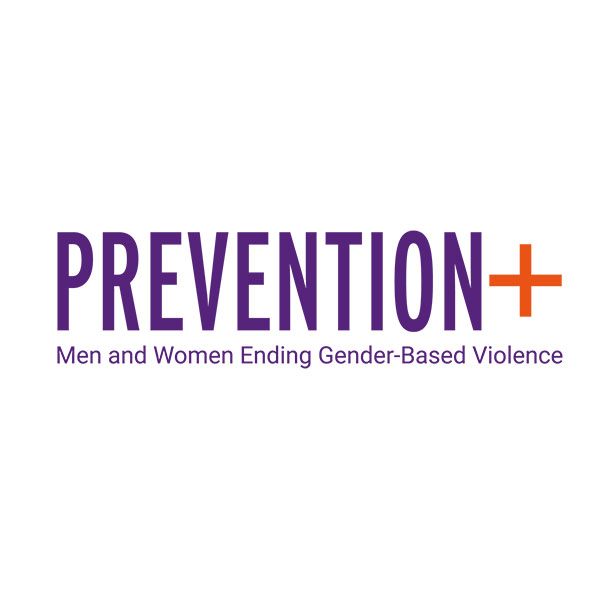
How do we prevent violence against women? Extensive research and expertise in the field demonstrate that part of the answer is to address the root causes of violence. This means using a gender-transformative approach to eliminate harmful gender norms and create a more gender-equitable world. One critical strategy to achieve gender equality is engaging men and boys to transform harmful gender norms, in partnership with women and girls. The Prevention+ program, which Equimundo co-coordinates, aims to do just that.
Prevention+ is a five-year, multi-country program that envisions a world where healthy, respectful, and equal relationships are the norm. To contribute to making this a reality, the program targets the drivers of gender-based violence: the social, economic, religious, and cultural contexts that shape attitudes and behaviors that lead to violence. Prevention+ takes a multi-level approach, intervening at four levels of society: individual, community, institutional, and government. By doing so, the program seeks to ensure long-lasting impact, and to transform the mutually reinforcing social and structural factors that support gender-based violence and allow it to persist. The program actively engages young and adult men as partners and advocates for change – alongside young and adult women – to challenge and transform harmful gender norms and practices.
To share the best practices and lessons learned thus far, Prevention+ developed five case studies illustrating different approaches taken in five countries that are part of the program:
- Indonesia: Training the Police outlines the work in Indonesia to prevent domestic violence through trainings for police institutions around masculinities, power, and gender-based violence, as well as improved referral systems.
- Pakistan: Preventing Violence and Promoting Fatherhood in Pakistan shares strategies and outcomes from a community-level fatherhood campaign to transform harmful gender norms and promote women’s rights.
- Rwanda: Bandebereho / Role Model highlights the work in Rwanda to engage fathers and couples in building stronger, more equitable, and nonviolent relationships.
- Lebanon: National Dialogue to Prevent Violence Against Women shares lessons learned in working with religious leaders in Lebanon to prevent violence against women and promote gender equality.
- Uganda: Engaging Men in Rural Uganda shares approaches to engaging men in positive parenting, women’s economic empowerment, and gender equality.
Prevention+ is led by a consortium of Rutgers, Sonke Gender Justice, and Equimundo, and it is funded by the Dutch Ministry of Foreign Affairs.
